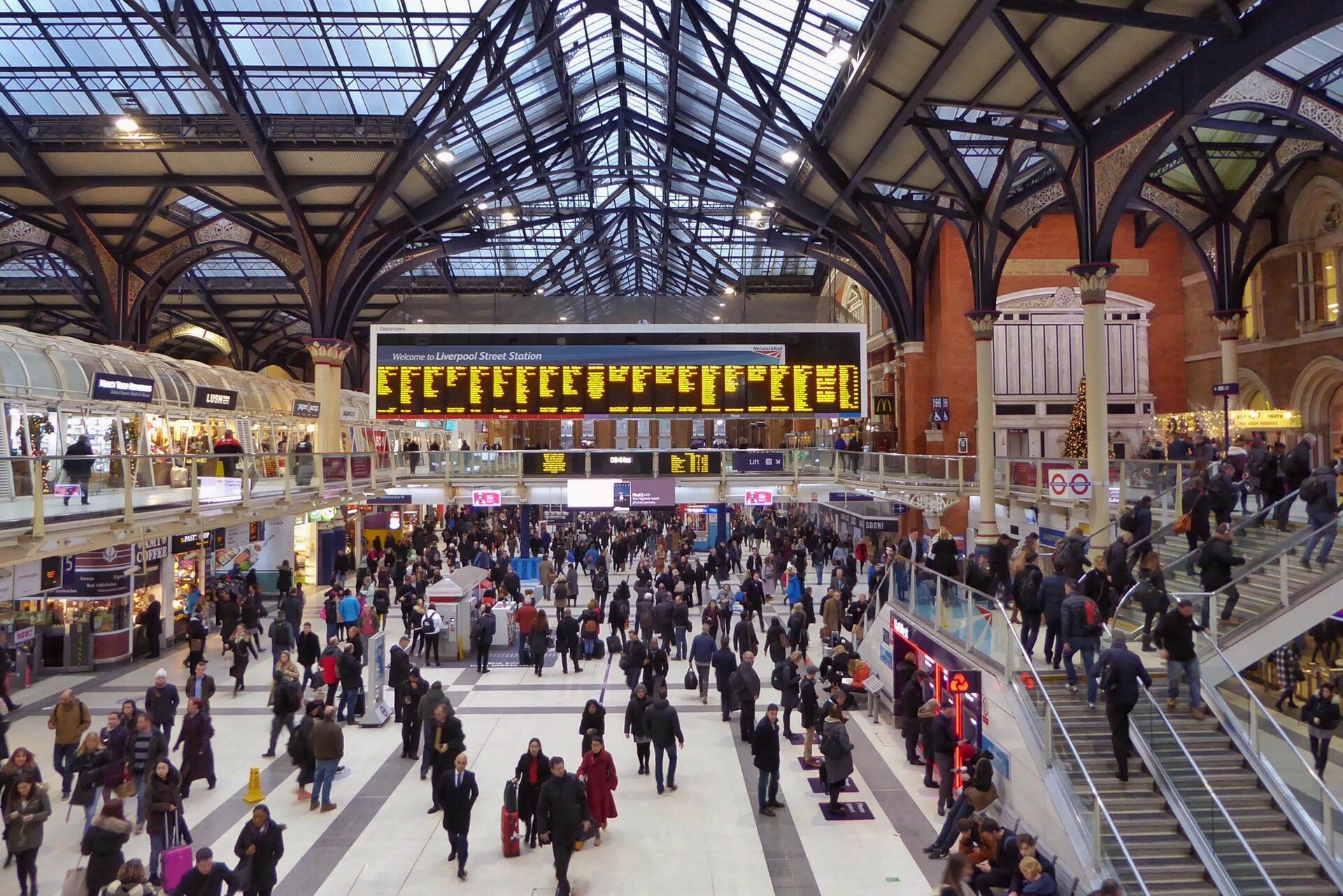
Buying homeowners insurance is one of the best ways to protect your home, your belongings and your finances. It can also help you avoid expensive legal costs if you are sued for damages.
There are some steps you can follow to make the process easier and less stressful. Start by educating yourself about different types of homeowner's insurance and the features they have. Then, consider the factors that affect your premium.
Understanding your coverages and limits
Your policy for home insurance should be well-written and cover all your belongings. Protecting your belongings from fire, theft, or wind damage is important. It may cover certain natural disasters, such as earthquakes or floods, depending on the coverage and deductible.
Before filing a claim, it's crucial to know your coverage limits and policy so that you can determine how much you will need to replace any damaged property. This is especially true for valuable items such as jewelry or artwork, which are difficult to replace without suffering a significant loss.
Get a good price on your home insurance
You can save on homeowners insurance by shopping around and choosing a company with low rates. Be aware, however, that your insurance rates may fluctuate every year due both to inflation and the changes in value of your property.

Keep an eye on your premiums by regularly reviewing your policy.
Most insurers will tack on small rate increases each year at renewal time, but they can add up over time.
Increase your deductibles in order to reduce your monthly premiums and lower your monthly payments.
In general, the higher your deductible the less money you'll have to pay out of pocket if anything happens to your home.
Installing security features, fire alarms, and other safety devices can help you reduce your claim risk.
Purchase enough homeowners insurance so that you can replace your entire home, including all its contents, if damaged by a covered event.
Experts say that the amount you purchase for homeowners insurance depends on both your home's value and its contents. You should have enough insurance to cover your outbuildings such as garages and sheds.
Your agent will help you to determine the level of coverage needed to give you peace ofmind in case of loss.

The amount of your dwelling coverage should be equal to the cost of rebuilding your home using local labor costs and materials.
Additional coverage for your furniture, clothing and personal belongings should be included.
Underinsuring your home is important. It can result in unexpectedly expensive repair and replacement after a disaster.
Although buying homeowners insurance can be difficult, it's a good investment for the future. It protects your biggest asset while also helping you to pay for a temporary residence as you rebuild your home.